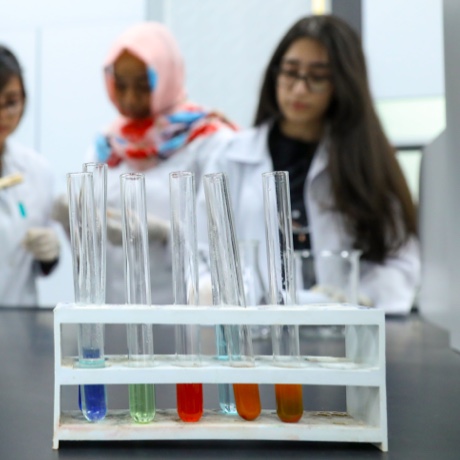As big data continues to become increasingly integral to modern businesses and society at large, the demand for skilled data scientists has never been higher. But what is the best education for aspiring data scientists? While there are many paths to becoming a successful data scientist, attending one of the “best universities for data science” can give you a significant advantage when it comes to landing a job and advancing your career.
Strong foundation in mathematics and statistics:
A solid understanding of mathematics and statistics forms the cornerstone of data science. Aspiring data scientists should focus on building a strong foundation in areas such as linear algebra, calculus, probability, and inferential statistics. Courses in mathematical modeling, optimization, and probability theory provide essential tools for analyzing data and building predictive models.
Proficiency in programming and data manipulation:
Proficiency in programming languages such as Python and R is essential for data scientists to manipulate data, perform statistical analysis, and develop machine learning models. Aspiring data scientists should invest time in learning programming fundamentals, data structures, and algorithms, as well as libraries and frameworks commonly used in data science, such as NumPy, pandas, scikit-learn, and TensorFlow.
Mastery of machine learning and data mining techniques:
Machine learning lies at the heart of data science, enabling data scientists to extract insights from data and make predictions or decisions. Aspiring data scientists should study a broad range of machine learning algorithms, including supervised learning, unsupervised learning, and reinforcement learning. Understanding concepts such as classification, regression, clustering, and dimensionality reduction is essential for applying machine learning techniques to real-world problems.
Data visualization and communication skills:
Data scientists must be able to communicate their findings effectively to stakeholders, which require proficiency in data visualization and storytelling. Aspiring data scientists should learn how to create clear and compelling visualizations using tools such as Matplotlib, Seaborn, and Tableau. Additionally, honing written and oral communication skills is crucial for presenting findings, articulating insights, and collaborating with interdisciplinary teams.
Practical experience and real-world projects:
Hands-on experience with real-world data sets and projects is invaluable for aspiring data scientists to apply theoretical concepts to practical problems. Engaging in internships, research projects, or industry collaborations provides opportunities to work on data-intensive projects, collaborate with professionals, and gain exposure to industry best practices and tools. Building a portfolio of projects showcasing data science skills and accomplishments can greatly enhance job prospects and credibility.
